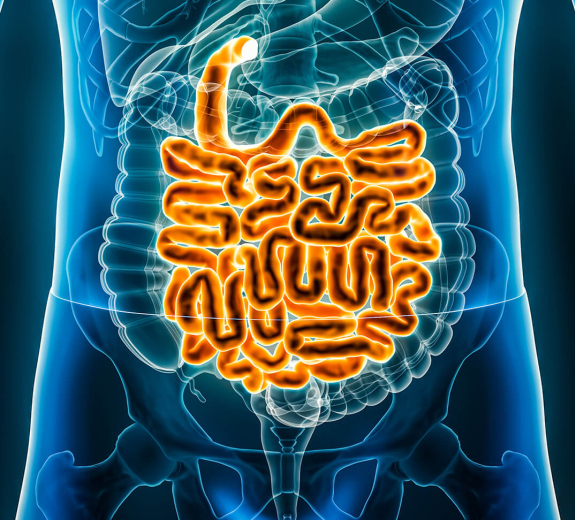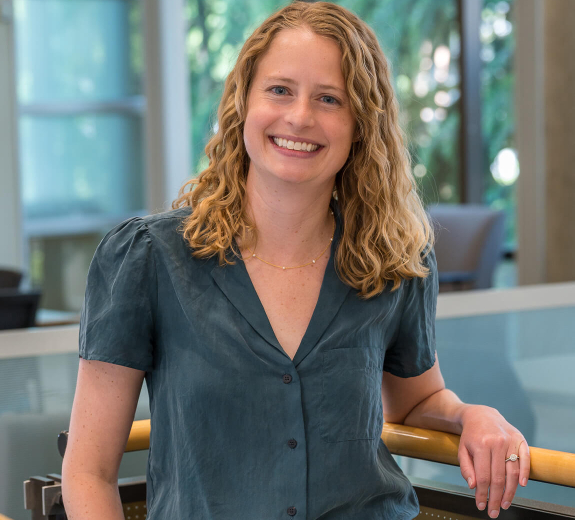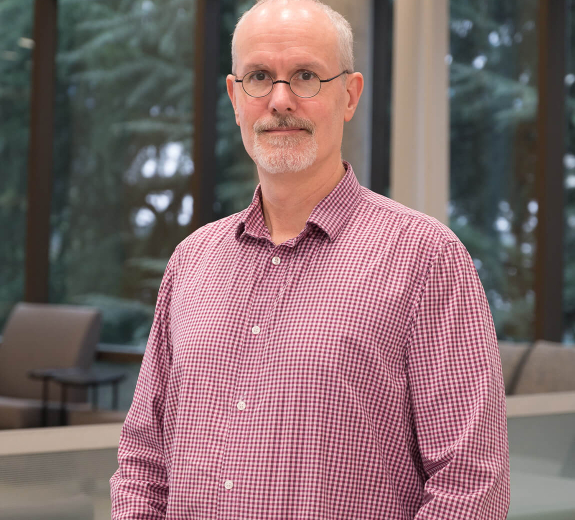We want to see if the expanded bulk-sequencing approach can provide similar data to the single-cell sequencing. If it can, we would be able to glean lots of relevant information from each cell type, but at a fraction of the cost of single-cell sequencing.
Right now, a lot of research on gut bacteria is done using stool samples. But we know that studying cells and bacteria from the site of inflammation in the colon provides more robust information. This study should provide important insight on the most informative and cost-effective way to do this.
What questions do you hope to answer?
Dr. Byrd: Scientists know that bacteria play a role in Crohn’s disease and ulcerative colitis. But we don’t know exactly which bacteria cause disease. So, one of my main questions is how do various bacteria act differently in people with and without IBD?
Dr. Lord: I’m interested in looking at the cells with which bacteria interact directly. Most obviously, these would be the epithelial cells, which line the inside of the intestines and thus directly contact their contents. However, a group of immune cells called dendritic cells reach through this lining to also touch the bacteria in the gut, and these are the cells that use the gene most associated with Crohn’s disease (NOD2). My lab’s previous work revealed that dendritic cells play an important role in IBD. So, for me, the burning question is what’s different about the bacteria inside dendritic cells of people with and without Crohn’s disease or its predisposing gene?
In your opinion, what's most interesting or exciting about this project?
Dr. Byrd: My hope is to better understand if and how bacteria play a role in IBD. What’s really exciting to me is that if we can find certain microbes that are driving the disease, we can start to think about targeting those microbes as a potential treatment.
Right now, most IBD drugs target the host, meaning they target your body’s immune system cells. But if the microbes play a role in disease and you target those microbes, that gives you a whole new avenue to treat disease.
Dr. Lord: So much of science tends to happen in silos, where scientists focus on the fields they know, which can make us miss the bigger picture (like the parable about blind men describing an elephant by only touching a small part of it). By exploring cost-effective ways to adapt the tools we use to understand the immune system so they simultaneously explore the gut microbiome, this project will help us merge the fields of immunology (my background) and microbiology (Dr. Byrd’s background), which are both known to play a huge role in IBD.





